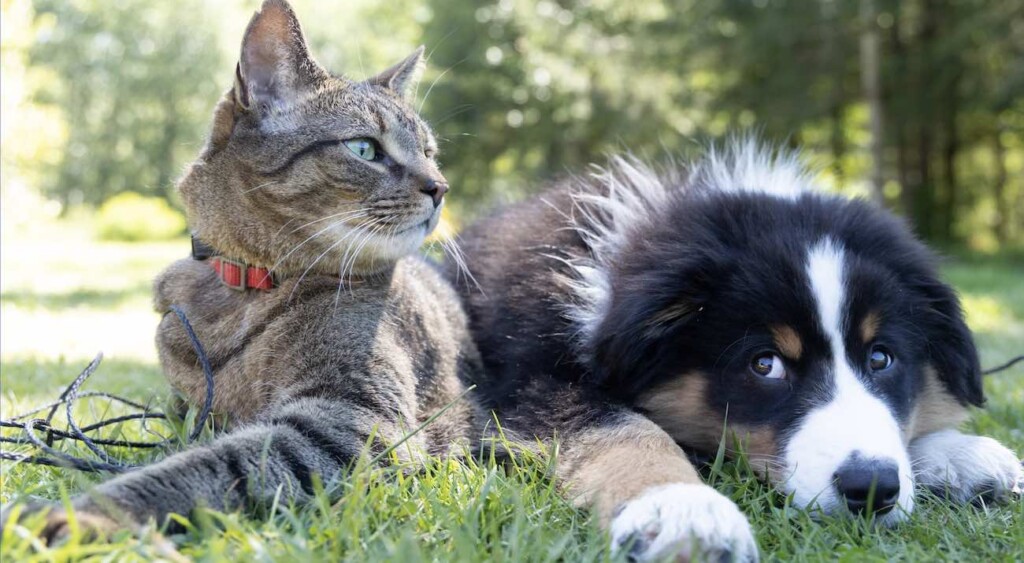Yes, cats can eat cheese. Many pet owners often wonder if it is safe to share their cheesy snacks with their feline companions.
While cats are obligate carnivores, their taste buds might be tempted by the creamy texture and rich flavor of cheese. However, it is important to understand the potential risks and benefits before offering this dairy treat. We will explore whether cats can safely consume cheese and discuss the factors to consider when introducing it into their diet.
By understanding the implications, you can make informed decisions about including cheese as an occasional treat for your furry friend.
How Does Cheese Affect Cats?
Cheese can have various effects on cats due to their unique digestive system. Cats are lactose intolerant, meaning they lack the necessary enzymes to break down lactose, a sugar found in milk and dairy products like cheese. As a result, consuming cheese can lead to gastrointestinal issues, such as diarrhea and upset stomachs.
Additionally, some cats may experience allergic reactions to cheese, as it contains proteins that can trigger allergic responses. These reactions may manifest as skin irritations, itching, or digestive disturbances. It’s important for cat owners to be aware of their pets’ sensitivities and to avoid giving them cheese or any dairy products.
Instead, opt for cat-friendly treats and food options that are specifically formulated to meet their nutritional needs without causing discomfort or health issues.
Types Of Cheese Safe For Cats
Cheese can be enjoyed by cats, but it’s important to know which types are safe for them. Mozzarella, cheddar, and Swiss are all low-lactose cheese options that cats can consume. These cheeses are easier for cats to digest compared to other varieties.
Feeding cheese to cats in moderation can serve as a special treat or a way to administer medication. However, it’s crucial to remember that cheese should never replace a balanced and nutritionally complete diet specifically formulated for cats. When offering cheese to your feline friend, always consider any dietary restrictions, food allergies, or intolerances they may have.
Additionally, it’s essential to introduce new foods gradually and consult with your veterinarian if you have any concerns about your cat’s diet.
Harmful Cheese Varieties For Cats
Cheese can be harmful to cats, especially high-lactose varieties. Cream cheese, cottage cheese, and Brie are examples of such cheeses. Cats lack the necessary enzymes to break down lactose, the sugar found in milk products. Feeding them cheese can lead to gastrointestinal issues like diarrhea, upset stomach, and bloating.
If your cat accidentally consumes cheese or shows signs of lactose intolerance, monitor their behavior and consult a veterinarian if symptoms worsen. As a cat owner, it is crucial to be mindful of what you feed your furry friend and ensure they have a balanced diet suitable for their unique needs.
Risks And Precautions Of Feeding Cheese To Cats
Feeding cheese to cats can pose risks and necessitate precautions. One concern is obesity and weight gain, as cheese is high in calories. Cats prone to gaining weight may experience health complications. Additionally, gastrointestinal issues can arise, such as diarrhea or vomiting.
It’s crucial to monitor portion sizes when offering cheese to cats to prevent overconsumption and potential health problems. Adequate portion control can help maintain a healthy weight and minimize digestive issues. While some cats may enjoy the taste of cheese, it’s important to be mindful of the potential risks and take necessary precautions when incorporating it into their diet.
Healthy Alternatives For Cats Who Love Cheese
Cheese is not recommended for cats due to lactose intolerance. However, there are healthy alternatives available. Homemade cat-friendly cheese substitutes can be made with ingredients like nutritional yeast, chicken or fish broth, and cream cheese. These options provide a similar taste and texture without the harmful effects of dairy.
Natural and nutritious alternatives include treats made from freeze-dried meats, such as chicken or salmon. These treats are high in protein and specifically formulated for feline dietary needs. It’s essential to prioritize your cat’s health by choosing safe and cat-friendly options.
By offering these alternatives, you can satisfy your cat’s love for cheese while keeping them happy and healthy. So, next time your furry friend craves cheese, try these cat-friendly treats instead!

Credit: www.goodnewsnetwork.org
Understanding Your Cat’S Dietary Needs
Understanding your cat’s dietary needs is important, especially when it comes to their protein requirements. Cats are obligate carnivores and need animal-based protein for optimal health. While cats can eat cheese, it should only be given as an occasional treat due to its high lactose content.
Providing your cat with a balanced diet is crucial to ensure they receive the necessary nutrients. Consultation with a veterinarian can provide valuable advice on your cat’s specific dietary requirements. They can recommend the right food and portion sizes to meet your cat’s nutritional needs.
Giving your cat proper nutrition from a balanced diet is essential for their overall well-being and longevity. By following these guidelines and seeking professional advice, you can ensure your cat receives the best diet for a healthy and happy life.
Conclusion
To sum it up, it’s clear that there are mixed opinions and information regarding cats and cheese. While cats may enjoy the taste of cheese, it’s important to keep in mind their lactose intolerance and the potential adverse effects it can have on their digestive system.
It’s best to consult with a veterinarian before feeding cheese to your feline friend. Alternatives such as small chunks of cooked meat or specialized cat treats are always a safer bet. Remember, cats have unique dietary needs, and it’s crucial to prioritize their health and well-being above all else.
As responsible cat owners, it’s our duty to ensure they receive a balanced and appropriate diet. So, while an occasional nibble of cheese may not harm your cat, moderation is key. Prioritize their nutritional needs, and your feline companion will live a happy and healthy life.
